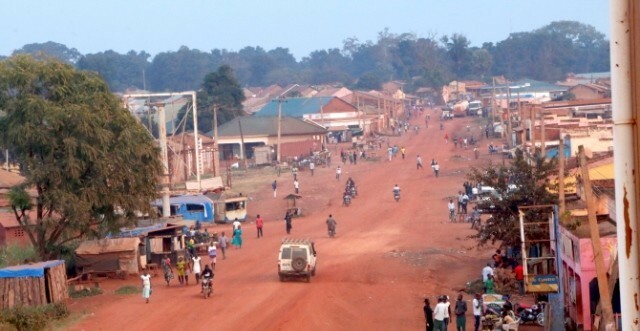The high demand in the run-up to Christmas has caused the price of essential commodities and clothing to rise sharply in Yambio town of Western Equatoria State.
Speaking to Radio Tamazuj on Thursday, several citizens said that prices of clothing and essential commodities such as cooking oil, sugar, tea leaves salt have marginally increased.
Martin John Tambua, a resident of Yambio County, said: “Our condition is too much, the money I have is little, it cannot help at all, because when someone has some money and wants to buy things in the market, the money is finished after buying one item.”
“I came to the market with 15,000 SSP, and this 15,000 SSP bought only two clothes. The security situation is good, but prices have increased a lot,” he added.
Liticia Nakere, who was in the marketing to buy clothes for her children, said she was not able to buy the clothes from the shop due to the high prices.
“The issue is that they cannot reduce the price. You cannot get shoes for girls at 7,500 SSP and for boys for 8,000 SSP. I cannot afford those things. I bought second-hand clothes for them, only shoes that I need to buy in the shop,” Liticia said.
For his part, Mr Mohamed Iron, a foreign trader in Yambio, said the unfavourable US dollar rate has affected the businesses and prices in the market.
“Shoes used to be sold at 5,000 SSP or 4,000 SSP, but now as the dollar rate rises, a pair of shoes is now 8,000 SSP. However, we appeal to our customers to come to buy. If the price is high, please tell us, and we will try to bargain,” he said.
Queen Elizabeth, who owns a saloon in Yambio town, said: “At this time, hair plaiting is 4,000 SSP or 3,000 SSP and others charge 5,000 SSP or 7,000 SSP. For washing, we charge 3,000 SSP, and we have nail styles, but the price has not been increased according to the US dollar rate. We work with South Sudanese Pounds.”
South Sudan has been experiencing inconsistent and rampant inflation. It is highly dependent on imported supplies from neighbouring countries, notably Uganda and Kenya.




